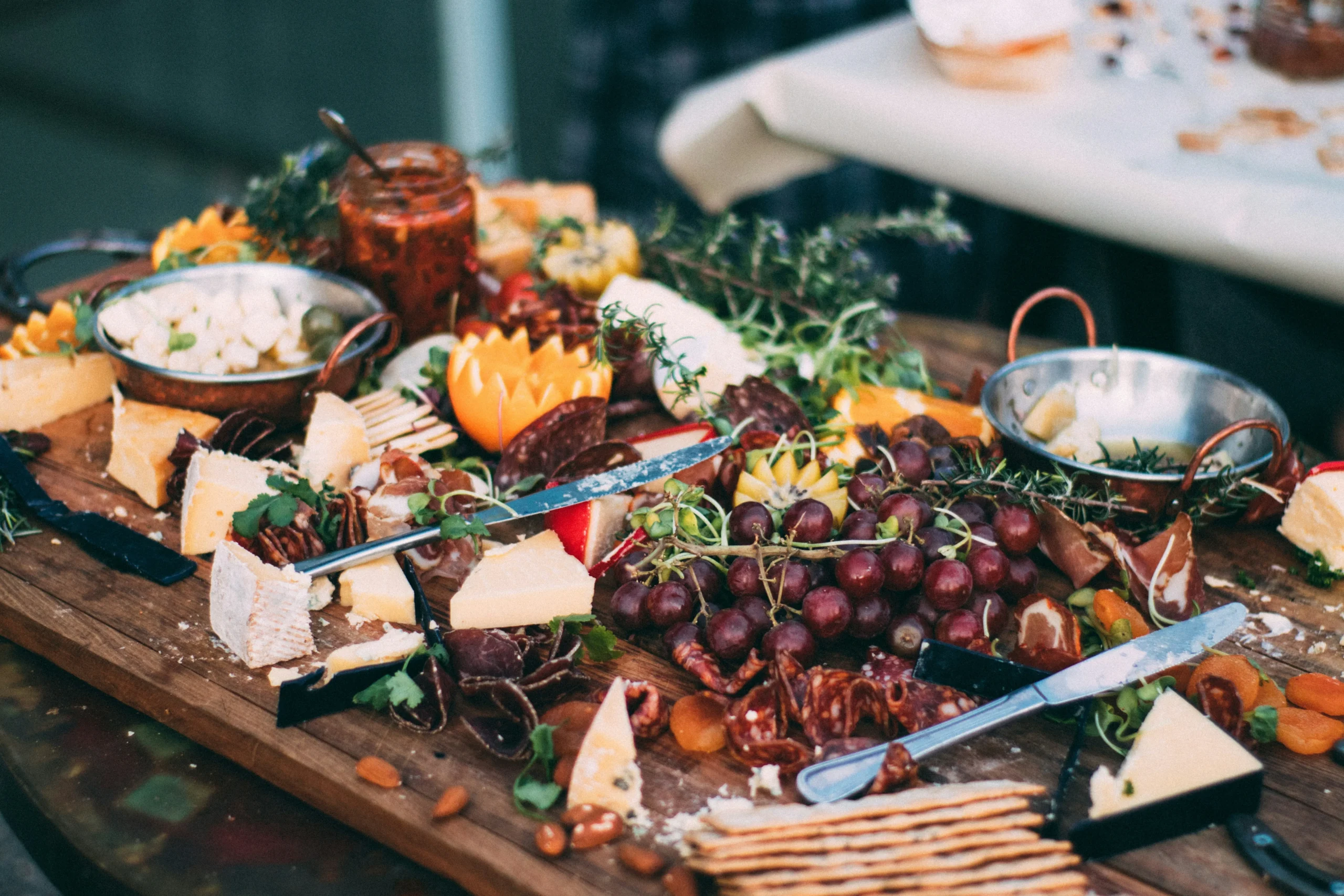When is Thanksgiving 2025? The Live Countdown to the Big Day



Giving thanks for life's simple gifts
Day(s)
:
Hour(s)
:
Minute(s)
:
Second(s)
When is Thanksgiving 2025?
Thanksgiving in the United States will be celebrated on Thursday, November 27, 2025. It is a federal holiday observed every year on the fourth Thursday of November, marking a day for gratitude, family gatherings, and the start of the holiday season.
What Is thanksgiving?
Thanksgiving is a special holiday widely celebrated in America every year, falling on the fourth Thursday of November. It’s a cherished tradition where families gather together to share meals, stories, and gratitude. Thanksgiving parades, whether large or small, are held across the country to mark the occasion with joy and festivity.
For many people, this day offers a moment to reflect on the positive things in life and to feel truly thankful. The warm atmosphere is further heightened because nearly everyone enjoys one or two days off from school or work, allowing for long visits and bonding. Interestingly, in America, this day also signals the beginning of the Christmas holiday season, blending the spirit of thankfulness with the joy of upcoming celebrations.
Is thanksgiving a public holiday?
Yes, Thanksgiving is a public holiday in the United States. It is a federal holiday, meaning government offices, schools, banks, and most businesses are closed. Most people have the day off to spend time with family and friends.


history of thanks giving
Prayers of gratitude and thanks, along with special thanksgiving ceremonies, have existed across religions for centuries, especially after harvests and at various times of the year. However, the Thanksgiving holiday as we know it today in North America finds its roots in English traditions stemming from the Protestant Reformation. Although it retains the flavor of a harvest festival, the actual harvest in New England ends well before the late-November date we now associate with modern Thanksgiving.
In the English tradition, there were once numerous days of thanksgiving and thanksgiving religious services, especially during the English Reformation under Henry VIII. Back then, the calendar was filled with Church holidays—95 plus every Sunday—which required people to attend church and forego work. Reforms in 1536 by the Church of England trimmed this down to 27 holidays in the liturgical calendar. Yet the Puritan party within the Anglican Church wanted more changes. They pushed to eliminate all Church holidays except the Lord’s Day, including evangelical feasts such as Christmas and Easter, in alignment with Puritan Sabbatarianism.
These religious holidays were gradually replaced with Days of Fasting and Days of Thanksgiving, meant to respond to significant events seen as acts of special providence. For instance, unexpected disasters or the threat of divine judgement called for fasting, while great blessings were believed to come from God, prompting days of gratitude. These were marked by Christian church services and gatherings. Historical examples include the national Days of Thanksgiving declared after the defeat of the Spanish Armada in 1588 and the deliverance of Queen Anne in 1605. The failed Gunpowder Plot of 1605 even led to the creation of Guy Fawkes Day on November 5.
On the other hand, Days of Fasting were proclaimed in response to plagues in 1604 and 1622, drought in 1611, and floods in 1613. Meanwhile, annual Thanksgiving prayers were embedded into the charter of English settlers upon their safe landing in America in 1619, specifically at Berkeley Hundred in Virginia. This moment is often cited as one of the earliest seeds of the American Thanksgiving we honor today.
Upcoming Thanksgiving Dates (2026 – 2030)
| Year | Date | Day |
|---|---|---|
| 2026 | Thursday, November 26 | Thursday |
| 2027 | Thursday, November 25 | Thursday |
| 2028 | Thursday, November 23 | Thursday |
| 2029 | Thursday, November 22 | Thursday |
| 2030 | Thursday, November 28 | Thursday |
FAQs
When is Thanksgiving celebrated in the U.S.?
Thanksgiving is celebrated on the fourth Thursday of November every year in the United States.
Why is Thanksgiving celebrated?
Thanksgiving commemorates the harvest feast shared by the Pilgrims and Native Americans in 1621, and has evolved into a day of gratitude, family gatherings, and reflection.
Is Thanksgiving a public or federal holiday?
Yes, Thanksgiving is a federal holiday in the U.S., meaning most schools, government offices, and businesses are closed.
What is the history of Thanksgiving in America?
The modern Thanksgiving holiday traces back to English harvest traditions and was first observed in 1621 by Pilgrims. It became a national holiday in 1863, declared by President Abraham Lincoln.
Was Thanksgiving always celebrated in November?
Not always. It was celebrated on various dates until President Franklin D. Roosevelt set the fourth Thursday of November as the official date in 1939, and it became law in 1941.
Do other countries celebrate Thanksgiving?
Yes, countries like Canada, Liberia, and some Caribbean islands celebrate Thanksgiving, though on different dates and with different historical origins.
What are common Thanksgiving traditions?
Common traditions include family dinners, turkey feasts, parades, football games, and giving thanks for blessings throughout the year.
